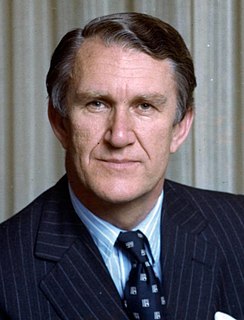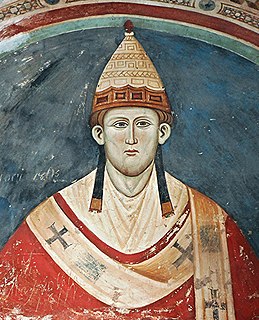A Quote by Winston Churchill
Here is a law which is above the King and which even he must not break. This reaffirmation of a supreme law and its expression in a general charter is the great work of Magna Carta; and this alone justifies the respect in which men have held it
Related Quotes
We must never cease to proclaim in fearless tones the great principles of freedom and the rights of man which are the joint inheritance of the English-speaking world and which through Magna Carta, the Bill of Rights, the Habeas Corpus, trial by jury, and the English common law find their most famous expression in the American Declaration of Independence.
Thus, if there exists a law which sanctions slavery or monopoly, oppression or robbery, in any form whatever, it must not even be mentioned. For how can it be mentioned without damaging the respect which it inspires? Still further, morality and political economy must be taught from the point of view of this law; from the supposition that it must be a just law merely because it is a law. Another effect of this tragic perversion of the law is that it gives an exaggerated importance to political passions and conflicts, and to politics in general.
No society can exist if respect for the law does not to some extent prevail; but the surest way to have the laws respected is to make them respectable. When law and morality are in contradiction, the citizen finds himself in the cruel dilemma of either losing his moral sense or of losing respect for the law, two evils of which one is as great as the other, and between which it is difficult to choose.
We could try and establish a world in which the great and the powerful adhere to that international law which they require ordinary mortals to adhere to. In other words, there is one international law, and even America and even Russia and China and Japan must adhere to it, and Australia must adhere to it.
Must the citizen ever for a moment, or in the least degree, resign his conscience to the legislator? Why has every man a conscience, then? I think that we should be men first, and subjects afterward. It is not desirable to cultivate a respect for the law, so much as for the right. The only obligation which I have a right to assume is to do at any time what I think right... Law never made men a whit more just; and, by means of their respect for it, even the well-disposed are daily made the agents of injustice.
This [Magna Carta] has been forced from the King. It constitutes an insult to the Holy See, a serious weakening of the royal power, a disgrace to the English nation, a danger to all Christendom, since this civil war obstructs the crusade. Therefore?we condemn the charter and forbid the King to keep it, or the barons and their supporters to make him do so, on pain of excommunication.
Magna Carta only came into being in 1217, when the wording had been changed and parts of the original were extended in the Charter of the Forests. This complementary charter covered liberties granted to the common man, including rights to the commons, grazing, fishing, water, and firewood, and was perhaps the first ecological charter in history.
The civil magistrate cannot function without some ethical guidance, without some standard of good and evil. If that standard is not to be the revealed law of God (which, we must note, was addressed specifically to perennial problems in political morality), then what will it be? In some form or expression it will have to be the law of man (or men) — the standard of self-law or autonomy.







































